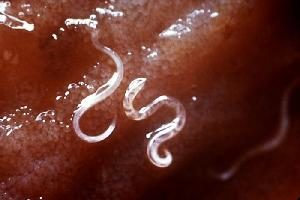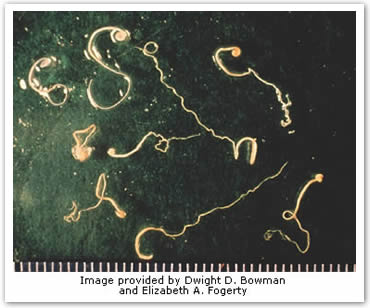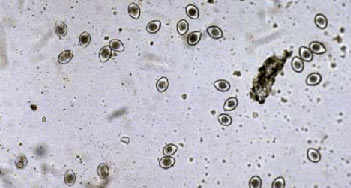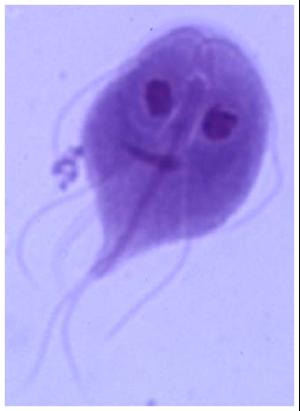Canine Intestinal Parasites
Canine intestinal parasites pose a significant health concern for dogs, affecting their well-being and potentially causing serious health issues.
Canine Intestinal Parasites in Spring, TX
At True Companion Animal Hospital in Spring, TX, we are committed to addressing and preventing canine intestinal parasites through comprehensive veterinary care.
Canine Intestinal Parasites
Canine intestinal parasites are microorganisms that infect a dog’s gastrointestinal tract, compromising their health and well-being. These parasites can include various worms, such as roundworms, hookworms, tapeworms, and whipworms, as well as microscopic organisms like giardia and coccidia. Infestation often occurs through the ingestion of contaminated food, water, or contact with infected feces.
Symptoms of canine intestinal parasite infestation may include diarrhea, vomiting, weight loss, lethargy, and visible signs of worms in the stool. Routine fecal examinations and preventive measures, including deworming medications, are essential components of comprehensive veterinary care to protect dogs from these parasites.
Common Canine Intestinal Parasites:
Hookworms
Hookworms are tiny worms (about ½ inch long) that live in the small intestine of dogs and cats. While attached, they suck blood. Because of this infected puppies and kittens are often anemic. With severe infections, the anemia can be life-threatening. You will not see hookworms passed in the stool due to their small size. Puppies and kittens are commonly infected before or immediately after birth from their mother.
If your pet has hookworms, you must deworm them twice four weeks apart. Monthly heartworm preventative will control future infections.

Roundworms
Roundworms are large worms (3 to four inches long) that live in the small intestine of dogs and cats. Most commonly they infect young animals. They deprive puppies and kittens of nutrition causing the pet to have a dry coat and a pot belly appearance. Roundworms are occasionally passed in the stool or vomited up by severely infested animals. Puppies and kittens are commonly infected before or immediately after birth from their mother.
If your pet has roundworms, you must deworm them twice four weeks apart. Monthly heartworm preventative will control future infections.

Whipworms
Whipworms live in the cecum (appendix) of dogs over 3 months of age. Cats do not get whipworms. Infected dogs often demonstrate periodic diarrhea, vomiting, and weight loss. This is a common parasite of adult dogs that do not receive heartworm preventative.
If your pet has whipworms, you must deworm twice three months apart. Some monthly heartworm preventatives control future infections.

Coccidia
Coccidia is not technically a worm. It is an organism that lives in the cells of the small intestine. Infected puppies and kittens tend to be thin, have recurrent diarrhea, and suppress appetites. This parasite can be serious and possibly life-threatening.
Coccidia must be treated with a sulfa antibiotic. Dewormers do not treat for coccidia.

Giardia
Giardia is a protozoal organism that can cause severe diarrhea in dogs and cats of all ages. It can be serious, making pets lose weight and feel poorly. Giardia is a zoonosis. People can contract Giardia from their pets. A special test is available to diagnose Giardia.
Special medications are required to treat Giardia.

Tapeworms
Tapeworms use the common flea as an intermediate host. The pet eats the flea and the tapeworm infects the pet. Tapeworm eggs are rarely seen on fecal exams so diagnosis is mostly based on observation. Tapeworm segments can be seen passed in feces or clinging to the area around the anus. They are the size of a grain of rice. When fresh, they move around. When dried they resemble small grains of rice. Flea control is the key to controlling tapeworms. A one-time dewormer will remove tapeworms, however, if your pet ingests another infected flea, he or she may be passing tapeworms again within two weeks.

If you have any questions about our services, please contact us today at (281) 363-8708.

